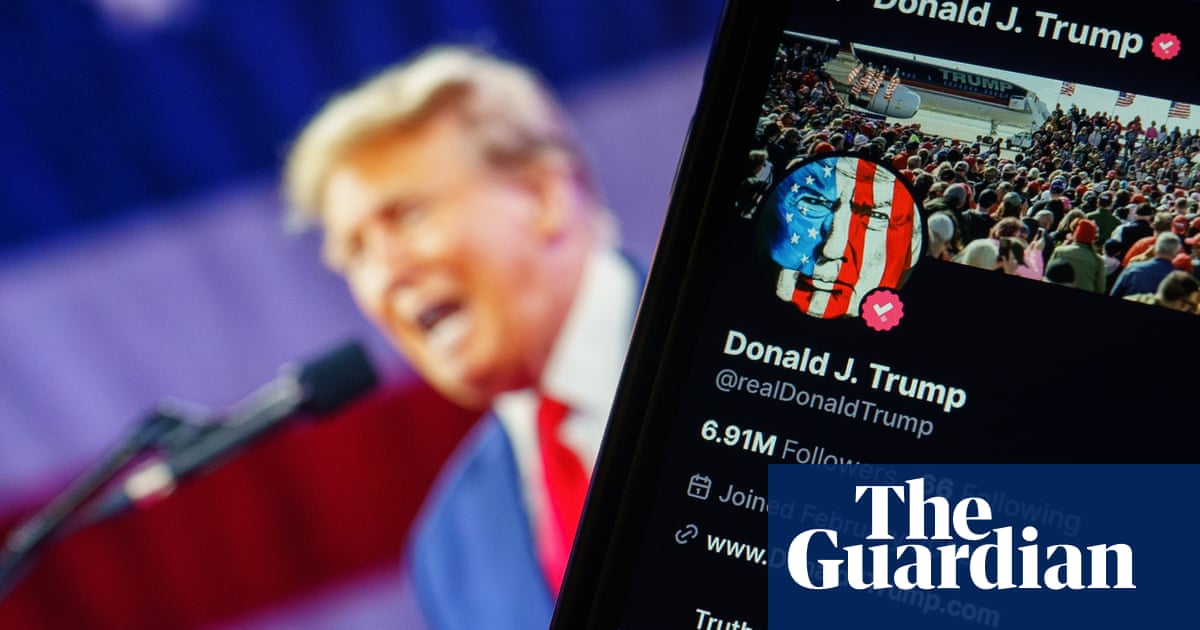The article presents a critical perspective on Donald Trump, labeling him as the "edgelord-in-chief" and highlighting the implications of his behavior on politics and society. It reflects on the nature of edgelord culture, particularly in how it intersects with governance and public discourse.
Characterization of Edgelord Culture
The term "edgelord" refers to individuals who engage in provocative and often controversial behavior, primarily online, to gain attention. The letter asserts that Trump embodies this archetype, using his platform to amplify his outrageous statements and actions. This characterization is significant as it connects an internet subculture to mainstream politics, illustrating how online behavior can have real-world consequences.
Impact on Public Discourse
The author argues that Trump's approach transforms trolling into a form of statecraft, where the lack of moral grounding is presented as authenticity. This analysis suggests a broader concern about the normalization of such behavior in political contexts, raising questions about the integrity of leadership and the values that drive public policies.
Audience Reaction and Perception
The letter appears to target readers who are critical of Trump and his influence, likely appealing to a more liberal or progressive audience that values truthfulness and accountability in leadership. This segment of the population may resonate with the author's concerns about the implications of edgelord behavior on governance.
Potential Manipulation and Hidden Agendas
While the letter critiques Trump’s behavior, it may also serve to reinforce existing biases among its readers. By focusing on Trump's edgelord persona, the author could be diverting attention from other political issues or figures. This selective framing hints at a potential agenda to shape public perception in a particular direction, suggesting that the media can manipulate narratives through emphasis.
Trustworthiness and Reliability
The article is grounded in subjective opinion rather than objective reporting, which can impact its perceived reliability. While the observations may reflect valid concerns regarding Trump’s behavior, the emotive language and framing could lead to a biased interpretation of facts.
Societal Implications
The commentary on Trump as an edgelord brings to light the potential long-term effects on political discourse and civic engagement. If provocative behavior becomes a standard, it could undermine serious discussions about policy and governance, leading to a more polarized society.
Connections to Broader News Trends
In the context of today's media landscape, this article reflects ongoing debates about the influence of social media and online personas in shaping political narratives. It aligns with a broader trend of scrutinizing the interplay between digital culture and traditional politics, making it relevant in current discussions about governance and public communication.
Conclusion
In summary, the article critiques the influence of Donald Trump as an edgelord on political discourse, raising concerns about the normalization of provocative behavior in governance. It engages readers in a dialogue about the implications of such trends while simultaneously reflecting the biases of its target audience.
